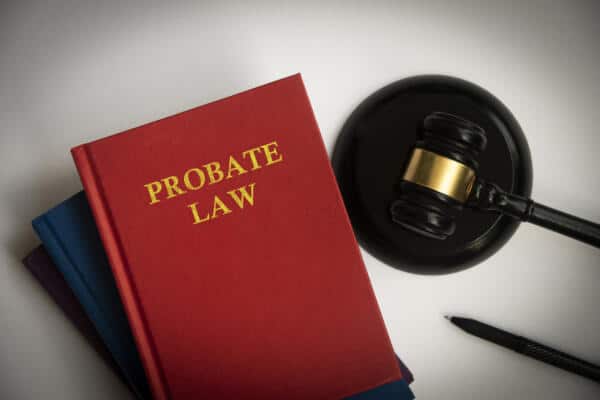Hot Topics at Wilson Browne
Latest News News
-
What is a financial consent order in a divorce?
Coming at what is already likely to be a stressful time, the legal process surrounding divorce may seem daunting and we recommend that you obtain expert legal advice to guide you through the procedures.
-
Court implies term into lease where rent was calculated by reference to a surrendered underlease
Court implies term into lease where rent was calculated by reference to a surrendered underlease .
-
How To Sell Your Business – Share Sale or Asset Sale?
Corporate Trainee Solicitor Catherine Healy explains the difference between a share sale and an asset sale, and whilst the end goal for seller in each route is the same in facilitating and exit, the structures and legal documentation involved in each type of sale vary considerably.
-
How To Remain On Your Conveyancers Nice List
No one wants to be on Santa’s naughty list – especially after this year. Head of Residential Conveyancing Jenny Woodruff explains how too keep on the right side of your conveyancer at Christmas.
-
What Constitutes a Partnership Dispute in Business?
Even successful businesses can have partnership disputes, and they can occur for a variety of reasons. The important thing is to resolve them as quickly as possible to protect the business, its clients and the partners involved.
-
Why do people avoid making a Will
Why Do People Avoid Probate?
-
What is Probate?
Probate describes the legal and financial processes that are involved in dealing with a person’s estate when they die.
-
When Do You Require Probate?
For many people, when considering making a will, one of the issues that most concerns them is the cost of probate. In fact, this one of the reasons why around 60% of adults in the UK do not have a will at all.
-
Indemnity Costs: Why You Must Act Reasonably During Litigation
Costs are legal expenses that you will incur during a litigation claim. Costs include the hourly rate that you will pay to your solicitor for the work done on your behalf, in addition to disbursements which are out-of-pocket expenses that your solicitor incurs in order to try and progress your case. Trainee Solicitor Hannah Bayliss explains more about the type of costs you can expect.
-
What Expenses Can a Court of Protection Deputy Claim?
The Court of Protection safeguards the rights of vulnerable people by appointing deputies to manage their affairs.










